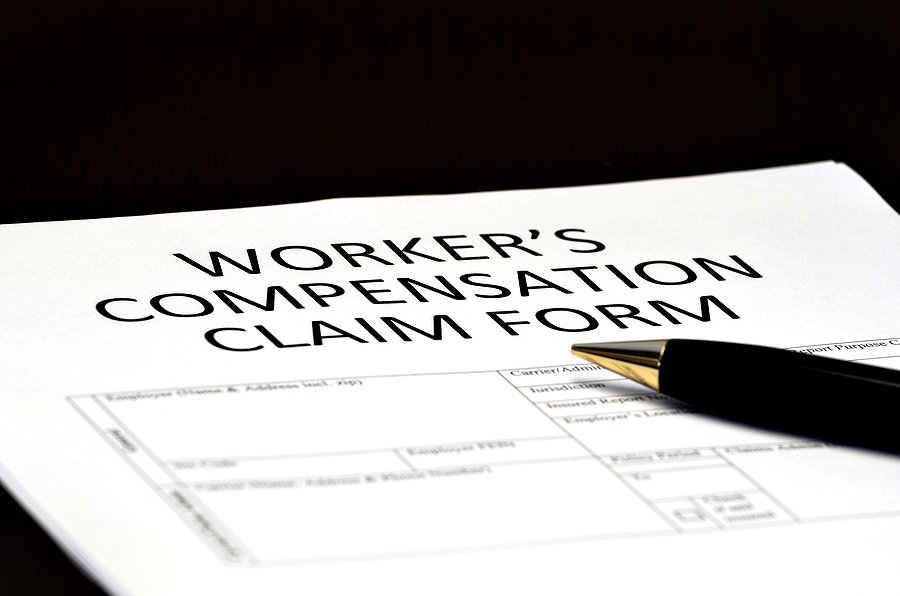Navigating the insurance claims process after an injury can be difficult, and you must be informed and vigilant to avoid being taken advantage of by insurance companies. Otherwise, you could end up being hurt twice.
Helpful Tips to Avoid Getting Ripped Off
Getting hurt is bad enough, but dealing with insurance companies afterward can sometimes feel like adding insult to injury. They can be aggressive, insensitive, and overwhelmingly selfish.
You’re already going through a tough time, and the last thing you need is to be taken advantage of by an insurance company. But if you go into these interactions and negotiations with a plan, you don’t have to feel like you’re being manipulated. Here are a few helpful tips:
1. Understand Your Policy Inside and Out
Here’s a recommendation: Grab that insurance policy with all the fine print your insurance agent sent you after you purchased the policy and read it in detail. It might not be exciting, but understanding the terms, coverage, and exclusions is vital. Knowing exactly what your policy covers helps you stand your ground if an insurance company tries to play the “that’s not covered” game. If some terms seem like they’re written in another language, don’t hesitate to ask questions. There’s no such thing as a silly question when it comes to understanding your rights.
2. Document Everything
Think of documentation as your trusty sidekick in this journey. Just like how every hero needs a sidekick, you need detailed records of everything related to your injury. This includes medical reports, repair bills, and any other expenses caused by the injury.
Photos and videos are like snapshots of evidence, so take plenty. This solid proof makes it much harder for insurance companies to downplay your claim. You can always delete extra photos and videos later, but it’s impossible to go back and take more after the fact. This is why it’s a good idea to collect as much evidence as you possibly can right away.
3. Find an Attorney
Technically speaking, you can just negotiate with the insurance companies on your own. But this is not recommended for numerous reasons. Insurance companies have written the playbook on how the claims process goes. And if you come into negotiations without any experience or plans, you’ll end up only getting a fraction of what the settlement payout should be.
“Even when you are offered a payout that seems fair, it is still wise to consult with a personal injury attorney, especially if it is an initial offer,” attorney John Price explains. “These companies are looking to finish up the process as quickly as possible and rely on people not understanding their rights or interests.”
An attorney might not be a superhero, but they’re about as close as you’re going to get in this situation. They understand how the insurance companies operate and can help you pick apart your policy and find the right angles to take in negotiations with adustors. And if the insurance companies don’t budge, they aren’t afraid to go to court. When you have an attorney, insurance companies are much more likely to behave.
4. Be Careful With Communication
When you’re talking to insurance companies, think of it like playing chess. Every move matters. Keep communications clear, concise, and in writing whenever possible. This creates a trail of evidence that can be invaluable.
Do your best to be honest and straightforward, but also be wary of sharing too much. Sometimes, less is more. And if you’re ever in doubt, refer back to your legal counsel – they’re the ones who should be helping you call the shots.
5. Be on High Alert
Insurance adjusters can be slick, and they have their own set of strategies to minimize payouts. They might seem friendly and sympathetic, but remember, their goal is to save the company money. We’re not saying they’re evil – they just have motives.
Insurance companies might try to rush you into a settlement, downplay your injuries, or dispute medical treatments. Stay calm and collected. Refer back to your documentation and policy knowledge.
Safeguard Yourself
You are your best advocate. No matter how smoothly an insurance adjuster talks, you have to remember that they are running a for-profit enterprise that wants to pay out as little as they possibly can to protect their bottom line. That’s it. Period.
By looking out for yourself and bringing on an attorney who has your best interests in mind, you can fight back and avoid being taken advantage of when you’re already in a compromising situation. Use some of the tips discussed in this article to develop a proactive strategy that puts you in a stronger position.
Image Source: BigStockPhoto.com (Licensed)
Related Categories: Money, Reviews








